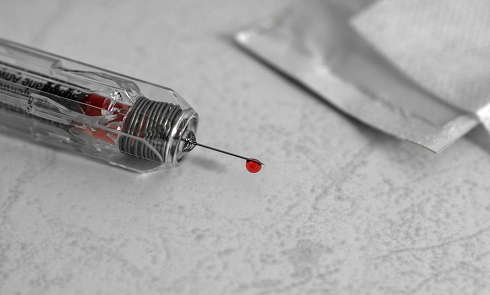Scientists at Michigan State University find, the blood-clotting protein fibrinogen may hold the key to regeneration of liver after transplant. They say, measuring this protein in liver resection patients may help determine in advance whether the organ will regenerate successfully or if it will become dysfunctional.
Washington (ISJ) – The liver is the only organ in the body that can regenerate. But some patients who undergo a liver resection, a surgery that removes a diseased portion of the organ, end up needing a transplant because the renewal process doesn’t work.
A new Michigan State University study, published in the journal Blood, shows the blood-clotting protein fibrinogen may hold the key as to why this happens.
“We discovered that fibrinogen accumulates within the remaining liver quickly after surgery and tells platelets to act as first responders, triggering the earliest phase of regeneration,” said James Luyendyk, a professor of pathobiology in the College of Veterinary Medicine. “But if fibrinogen or platelets are inhibited, then regeneration is delayed.”
Platelets are blood cells that help form clots and stop bleeding. When they receive information from fibrinogen, they go into action and accumulate in the remaining part of the liver to help restore it, increasing the chances of a fully functional liver and successful recovery.
Using samples from patients undergoing liver resection and a comparable model in mice, Luyendyk and his team noticed that when fibrinogen was low, the number of platelets in the liver decreased.
“This shows that fibrinogen deposits are extremely important and directly impact regeneration in both mice and humans,” Luyendyk said.
According to Dafna Groeneveld, Luyendyk’s co-author and post-doctoral research associate in his lab, their finding demonstrates that fibrinogen levels could be a predictive marker for doctors, too.
“Measuring this protein in liver resection patients may help us determine in advance whether the organ will regenerate successfully or if it will become dysfunctional,” she said.
This could lead to new treatments that would help doctors correct low levels of the protein by using fibrinogen concentrates that can be administered during surgery.
“This type of treatment hasn’t been tried in liver resection patients yet,” Luyendyk said. “But once we figure out exactly how fibrinogen works in the regeneration process and test potential therapies in mice, it could eventually provide the proof we need to bring our work into the clinic and improve patient outcomes.”


